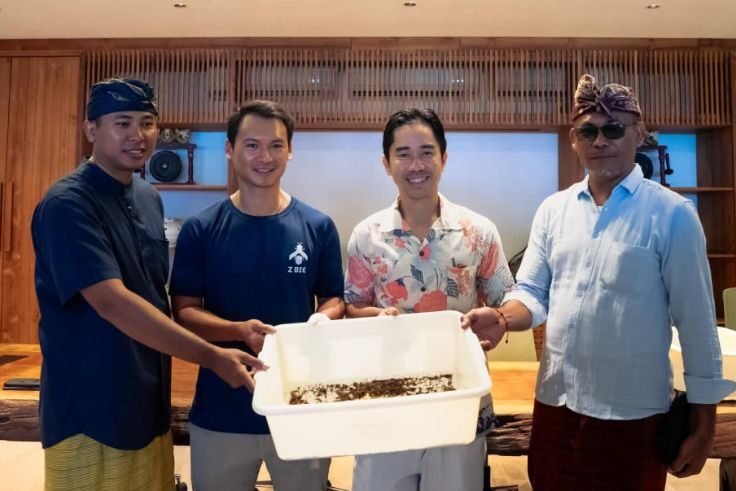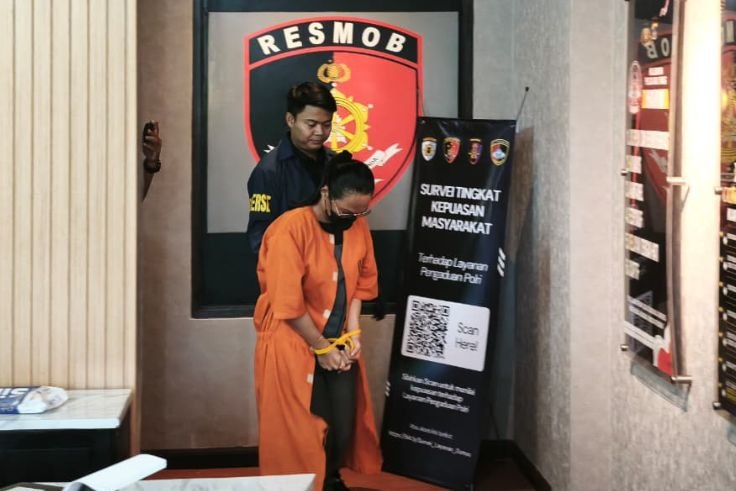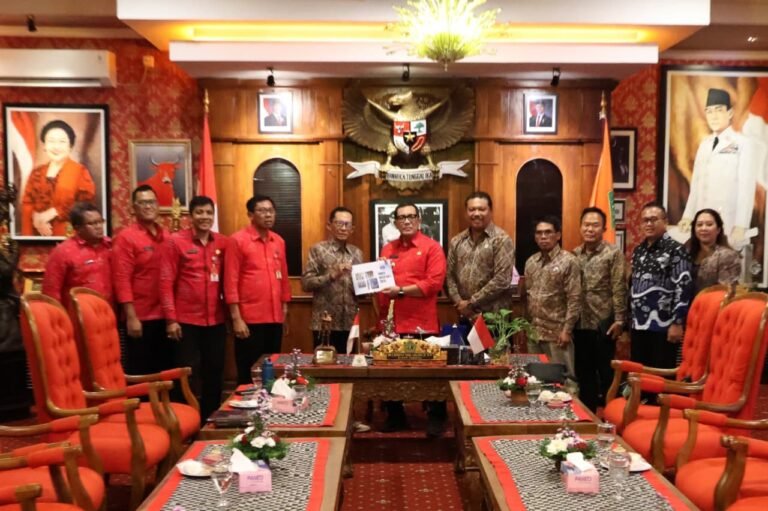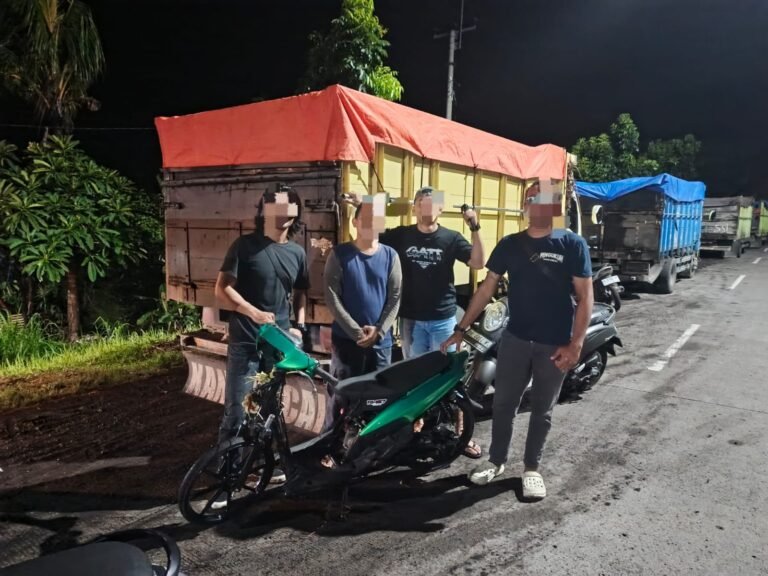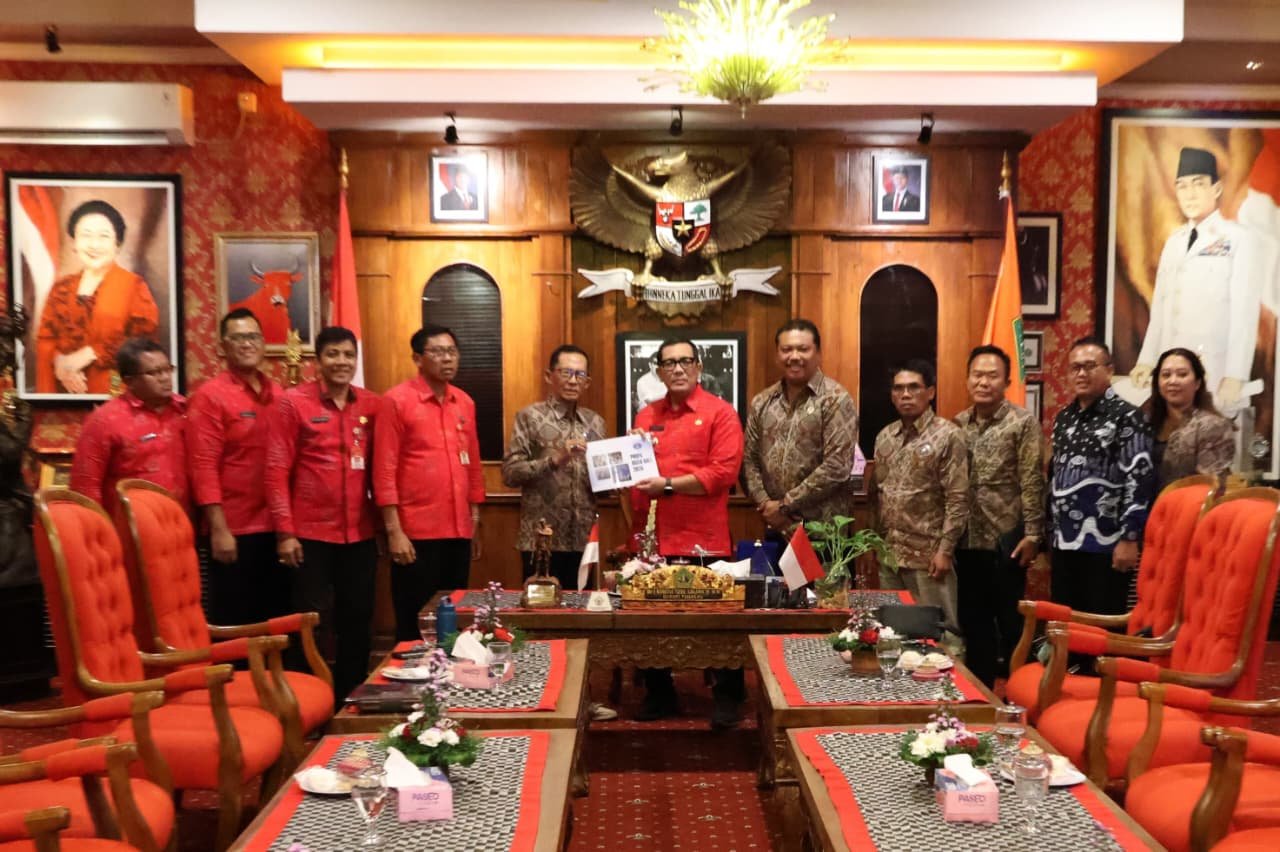BALINEWS.ID — Bali’s tourism future may be greener than ever, thanks to a bold move by Nakula, one of the island’s leading hospitality management companies. With Amarta Beach Retreat in Tabanan as its first official sustainability pilot, Nakula is proving that luxury, culture, and environmental responsibility can thrive hand in hand.
The beachfront retreat, nestled along 12,000 square meters of black sand coastline where only 40% of the land is developed, embodies Nakula’s zero-waste and eco-conscious vision. At its heart is a groundbreaking partnership with Bali-based biotech start-up Z Bio, which turns food waste into high-protein livestock feed and organic fertilizer through black soldier fly larvae.
Together with the local community of Desa Tibubiu, Amarta has expanded this initiative into a circular waste-management system that benefits both the resort and surrounding villages.
From December 2024 to June 2025 alone, Amarta successfully diverted more than one ton of food waste from landfills, preventing an estimated 2.1 tons of CO₂-equivalent emissions. Z Bio, meanwhile, already processes around 2 tons of food waste per day across Bali and aims to scale this to 12 tons daily by the end of 2025.
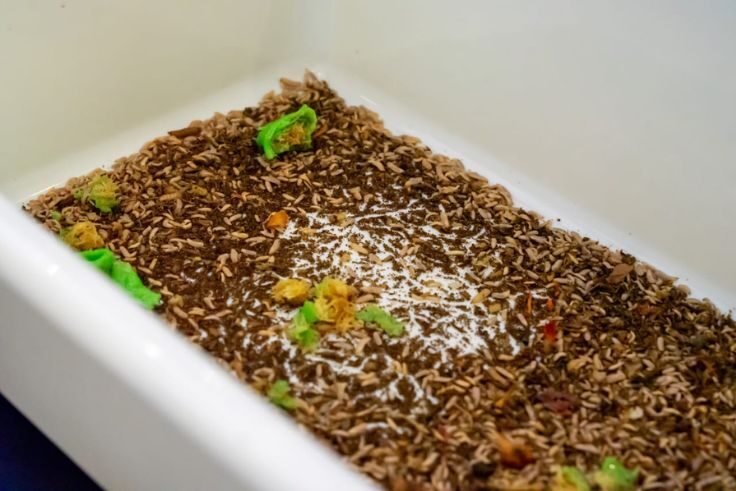
“We hope to inspire fellow businesses in Tabanan, across Bali, and throughout Indonesia to explore the potential of the black soldier fly solution,” said Christian Sunjoto, CEO of Nakula.
“It’s a practical, proven way to manage food waste more responsibly. We also hope the government can help support this growing movement and start looking at food waste on a bigger scale, starting from Tabanan, so we can shift behavior together.”
Beyond waste management, Amarta is also tapping into renewable energy. Partnering with InniSolar, the resort has installed 45.8 kWp of solar panels, generating nearly 60,000 kWh annually and cutting more than 55,000 kg of CO₂ emissions. With support from the Sustainable Energy Fund (SEF), a program under Indonesia’s Ministry of Energy and Mineral Resources and UNDP, the solar system will expand to 72.4 kWp by 2025.
Guests at Amarta also enjoy a single-use plastic-free experience, with refillable amenities across the resort, a policy consistent with Nakula’s 77+ properties. “Bali faces a major waste challenge, from plastic to organic. It’s a shared responsibility, and if each of us does our part, together we can make a real difference,” Christian emphasized.
But sustainability at Amarta isn’t only about the environment, it’s also about people. Over 90% of the resort’s staff hail from Tabanan, while at least 20% of its fresh produce is sourced locally. Amarta also invests in cultural programs, from supporting youth dance practices and showcasing Sanggar Seni performances, to hosting the Amarta Art Festival, reinforcing that cultural sustainability is just as crucial as environmental stewardship.
“Social and cultural sustainability matters just as much as environmental sustainability. If our people can’t live decent lives, no one will care about the trash,” added Christian.
Looking ahead, Nakula plans to replicate Amarta’s eco-practices across its villa portfolio, reinforcing the belief that meaningful, lasting change must be rooted in local partnerships.
“If we want tourism to thrive, we have to protect what makes Bali worth visiting,” Christian concluded. (*)
